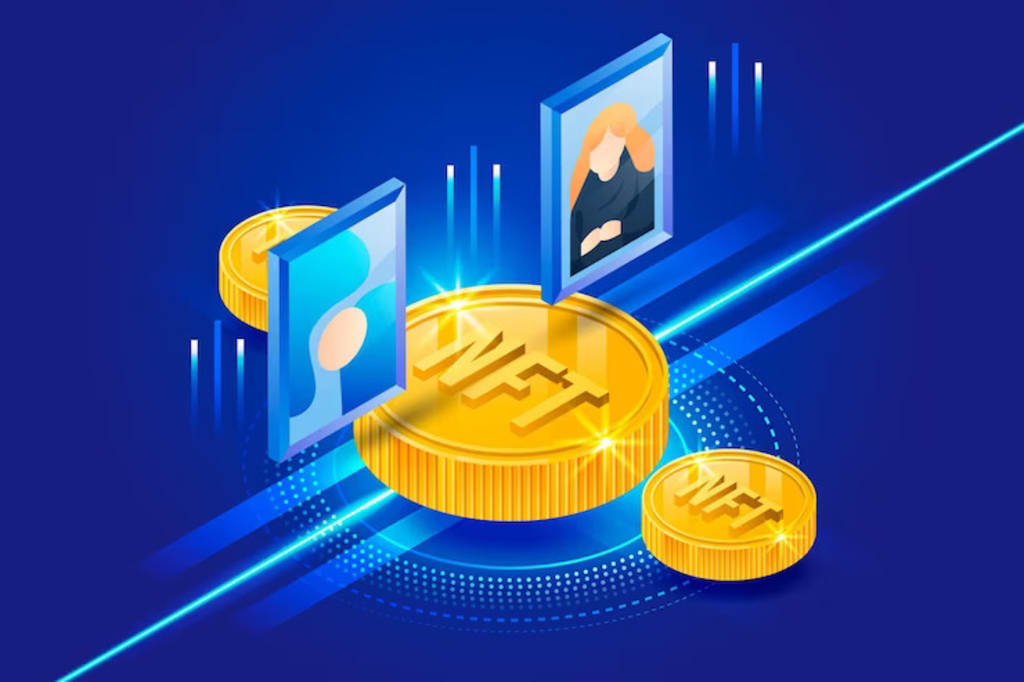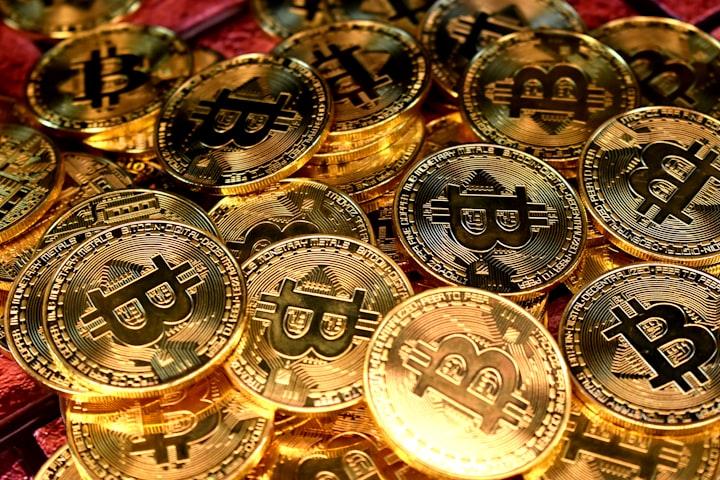Introduction to NFT Marketplaces and Blockchain Ecosystems
Exploring the Intersection of NFT Marketplaces and Blockchain Ecosystems.

Non-fungible tokens (NFTs) have emerged as a revolutionary technology that enables unique digital assets to be authenticated on the blockchain. NFTs are a type of cryptocurrency that can represent any kind of asset, such as art, music, videos, and more. NFTs are often traded on NFT marketplaces, which are digital platforms that enable users to buy, sell, and trade these unique assets.
NFT marketplaces operate within the broader blockchain ecosystem, which is a network of decentralized technologies that are built on blockchain protocols. Blockchain technology is a distributed ledger system that enables secure, transparent, and immutable transactions. The blockchain ecosystem includes various blockchain protocols, smart contract platforms, decentralized applications (dApps), and other services that are built on top of blockchain technology.
In this blog post, we will explore the ways in which NFT marketplaces can integrate with blockchain ecosystems to enhance their functionality and drive adoption. We will discuss the importance of interoperability, scaling, and integration with other blockchain-based applications and services.
Interoperability for NFT Marketplaces
Interoperability is the ability of different systems to communicate and exchange information with each other. In the context of NFT marketplaces, interoperability refers to the ability of NFT marketplaces to interact with other blockchain protocols and smart contracts. Interoperability is essential for NFT marketplaces to provide a seamless user experience and expand their functionality.
For example, an NFT marketplace may need to interact with a decentralized finance (DeFi) platform to enable users to purchase NFTs with cryptocurrency. By integrating with other blockchain protocols, NFT marketplaces can expand their functionality and provide users with a more complete experience.
Interoperability can be achieved through the use of standardized interfaces and protocols. For example, the ERC-721 and ERC-1155 standards are widely used in the NFT ecosystem to ensure that NFTs are compatible with different wallets, marketplaces, and other blockchain-based applications.
Scaling Solutions for NFT Marketplaces
As the demand for NFTs continues to grow, blockchain networks are becoming increasingly congested, leading to high fees and slow transaction times. Scaling solutions can help alleviate these issues by processing transactions off-chain and settling them on the main chain.
NFT marketplaces can benefit from integrating with scaling solutions such as layer-two protocols, sidechains, and state channels. These solutions enable NFT marketplaces to process transactions more efficiently and cost-effectively, providing a better user experience.
For example, an NFT marketplace could use a layer-two protocol like Optimism or Arbitrum to process transactions off-chain and settle them on the Ethereum main chain. This would enable the NFT marketplace to handle a higher volume of transactions while reducing fees and improving transaction times.
Integration with Other Blockchain-Based Applications and Services
NFT marketplaces can also benefit from integrating with other blockchain-based applications and services. Integration can provide additional functionality and value to users, and help drive adoption of the NFT marketplace.
For example, an NFT marketplace could integrate with a social media platform to enable users to share and promote their NFTs with a wider audience. Integration with a gaming platform could enable users to use their NFTs in-game, providing a new level of engagement and value.
NFT marketplaces could also integrate with identity verification services to ensure that users are verified and authenticated before they can buy or sell NFTs. This would help prevent fraud and increase trust in the marketplace.
Conclusion
NFT marketplaces are an exciting new development in the blockchain ecosystem. By integrating with the broader blockchain ecosystem, NFT marketplaces can enhance their functionality and provide a better user experience. With the continued growth and adoption of NFTs, NFT marketplaces are poised to become an important and indispensable part of the blockchain ecosystem.
About the Creator
Angelina1122
I Started a Busniess - Class NFT & Crypto Development Services. I currently focused in blockchain technology and cryptocurrency. One could even call me a blockchain "enthusiast.





Comments
There are no comments for this story
Be the first to respond and start the conversation.